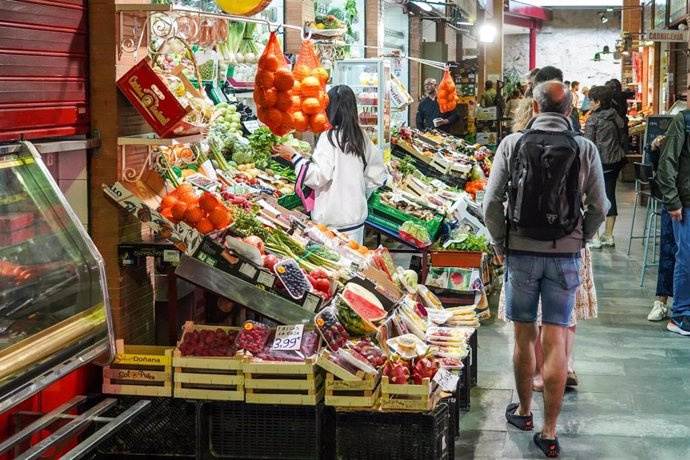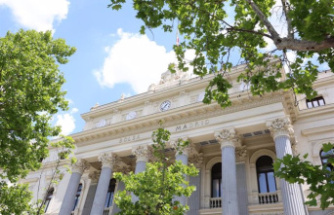MADRID, 24 Abr. (EUROPA PRESS) -
More than half of the population in Spain has had to cut their expenses on basic resources such as energy or food due to inflation, while more than 40 percent (40%) have given up some health expenses such as dentistry, psychological care or physiotherapy for not being able to afford it last year 2023, according to Oxfam Intermón.
This Wednesday, the entity published 'Living inequality', its First Multiple Inequalities Survey, based on more than 4,000 interviews, and from which it appears that 63.7% of the population believes that it is possible to eradicate these inequalities, although More than half of the population (54.4%) is not satisfied with their economic situation and 42% is not happy with their working life.
Although in both cases the figures are "notably worse" among women - with more than 10 points of difference compared to men -, in general, the inequality between rich and poor is one of the most notable for the population, followed immediately by the disparities between migrants in an irregular situation and the rest of the population.
In this sense, the Multiple Inequalities Survey, which aims to analyze "the reality" of inequality in Spain to understand who "suffers it most" and which are the areas where it is most present, shows that the income level of 1 of every 4 people (27% of the population) does not allow them to have "a decent life."
Among other difficulties, in addition to those already mentioned, are the "excessive" expenses associated with housing, which account for more than 30% of the income of half of the people with a mortgage and more than 60% of those who live in rent, The most affected are racialized people and young people, who have had to delay or interrupt the payment of rent some months to a greater extent than the rest of the population.
And as for the cuts, almost half of the population (45.7%) has been forced to reduce their electricity, heating and water expenses due to inflation - suffered with "greater intensity" by women and racialized people. -, so the total number of people who "do not make ends meet" amounts to 70%.
In fact, in 2023, more than half of the population had to make "significant" cuts in the shopping basket, clothing, footwear and leisure, with 40% of the population having to buy less meat or fish and not being able to go on vacation "not even one week a year," according to Oxfam Intermón.
To reduce these inequalities, respondents propose the promotion of quality employment (54.4% of people surveyed mention it) and access to decent housing (35.5%) as the most effective measures.
In third and fourth place, the participants mention public health and education to "improve" their opportunities, with 48.2% of the population stating that they would have wanted to continue studying. Family and care responsibilities cause greater renunciation among women.
On the other hand, although the majority of the population points out that taxes are "essential" to have public services, 75.2% do not feel that the tax system distributes wealth equitably.
Thus, the majority of Spaniards support democracy as the best possible system (82.1%), but 73.7% feel that political actors "do not pay enough attention" to citizen concerns.













